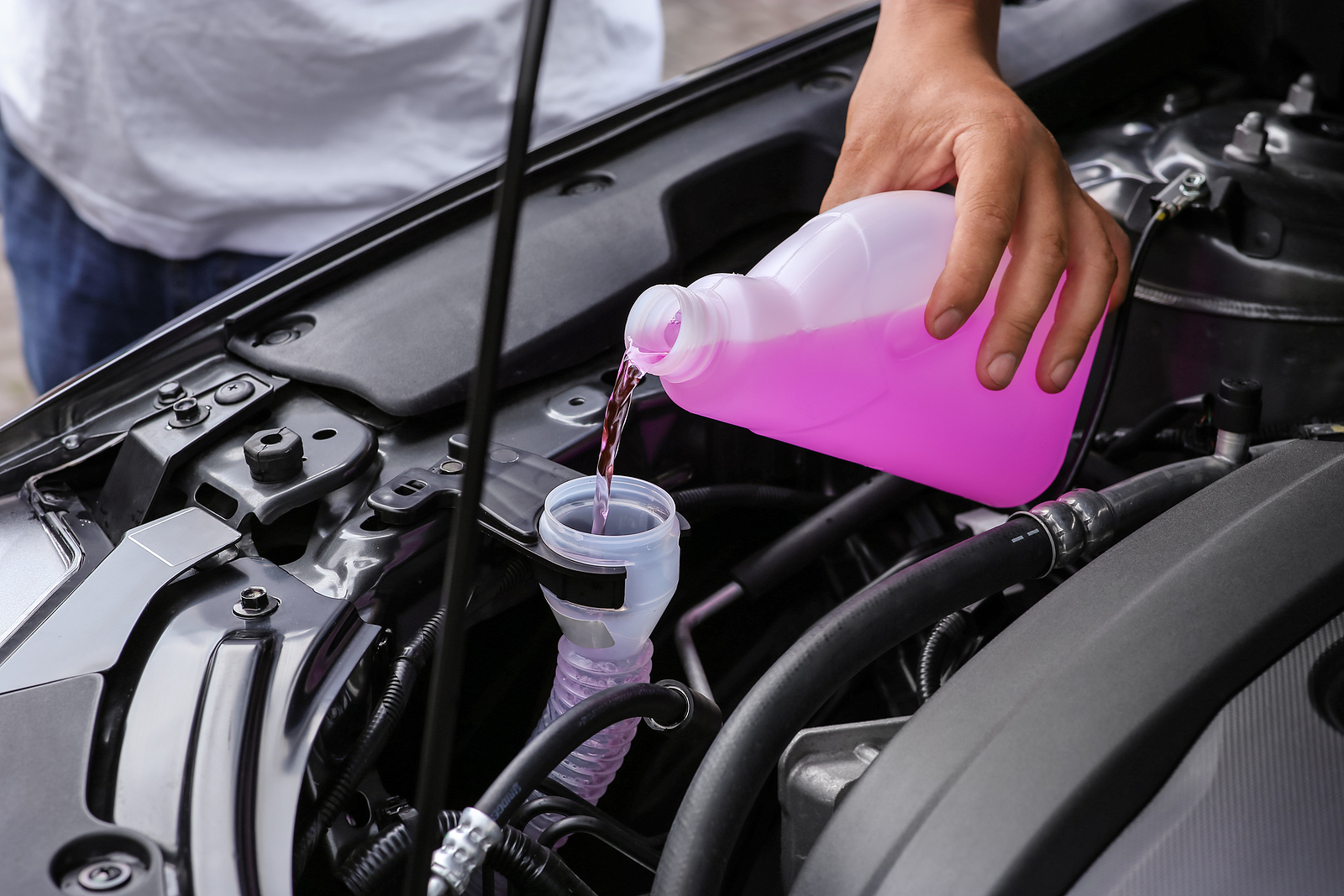
Ensuring the roadworthiness of vehicles is crucial for the safety of drivers, passengers, and pedestrians alike. Regular car inspections play a pivotal role in maintaining the roadworthiness of vehicles, ensuring they are safe, reliable, and compliant with legal standards. In this blog, we will explore the significance of car inspections in guaranteeing roadworthiness and the key aspects that are typically evaluated during these inspections.
Enhancing Safety
The primary objective of car inspections is to ensure the safety of the vehicle. By conducting thorough inspections, potential issues can be identified and addressed before they lead to accidents or breakdowns. Key safety components such as brakes, tires, lights, and steering are meticulously checked to ensure they are in optimal working condition. This proactive approach minimizes the risk of accidents, protecting not only the vehicle occupants but also other road users.
Identifying Mechanical Issues
Regular car inspections help in early detection of mechanical problems that could compromise the vehicle’s performance and safety. Issues such as engine malfunctions, transmission problems, and exhaust system failures can be identified during inspections. Early detection allows for timely repairs, preventing minor issues from escalating into major, costly repairs. This not only enhances the vehicle’s reliability but also extends its lifespan.
Ensuring Compliance with Legal Standards
Car inspections ensure that vehicles comply with the legal standards set by regulatory authorities. Different regions have specific regulations regarding vehicle safety and emissions. Inspections verify that the vehicle meets these standards, ensuring it is legally roadworthy. Non-compliance can result in fines, penalties, and even the suspension of driving privileges. Regular inspections help vehicle owners stay compliant and avoid legal complications.
Maintaining Vehicle Value
For many people, their vehicle is one of their most significant investments. Regular inspections help maintain the vehicle’s value by ensuring it is in good condition. Well-maintained vehicles have a higher resale value compared to those that are neglected. By addressing issues promptly and keeping the vehicle in top shape, owners can preserve their investment and get a better return when it’s time to sell or trade in the vehicle.
Reducing Environmental Impact
Vehicle inspections also play a crucial role in reducing the environmental impact of cars. Emissions testing is a standard part of many car inspections, ensuring that vehicles meet environmental standards. By keeping emissions in check, inspections help reduce pollution and contribute to cleaner air. This is particularly important in urban areas where vehicle emissions are a significant source of air pollution.
Promoting Peace of Mind
Knowing that your vehicle has been thoroughly inspected and deemed roadworthy provides peace of mind to drivers. It instills confidence that the vehicle is safe to drive and unlikely to experience sudden breakdowns. This peace of mind is invaluable, especially for long trips or when driving with family and loved ones. Regular inspections assure drivers that they are taking all necessary steps to ensure their safety on the road.
Key Aspects of Car Inspections
During a typical car inspection, several key aspects are evaluated to ensure roadworthiness:
Brakes: The braking system is checked for wear and tear, including brake pads, discs, and fluid levels.
Tires: Tires are inspected for proper tread depth, inflation, and overall condition to ensure they provide adequate traction.
Lights: All lights, including headlights, brake lights, and indicators, are checked to ensure they are functioning correctly.
Engine: The engine is examined for any signs of leaks, unusual noises, or performance issues.
Steering and Suspension: The steering and suspension systems are checked for any wear or damage that could affect handling and stability.
Exhaust System: The exhaust system is inspected for leaks and to ensure it meets emissions standards.
Fluids: All essential fluids, including oil, coolant, brake fluid, and transmission fluid, are checked and topped up if necessary.
Conclusion
In conclusion, car inspections are vital for ensuring the roadworthiness of vehicles. They enhance safety, identify mechanical issues, ensure compliance with legal standards, maintain vehicle value, reduce environmental impact, and provide peace of mind to drivers. Regular inspections are a proactive measure that benefits not only individual vehicle owners but also the broader community by promoting safer and more reliable vehicles on the road. By prioritizing regular car inspections, we can all contribute to a safer and more sustainable driving environment.